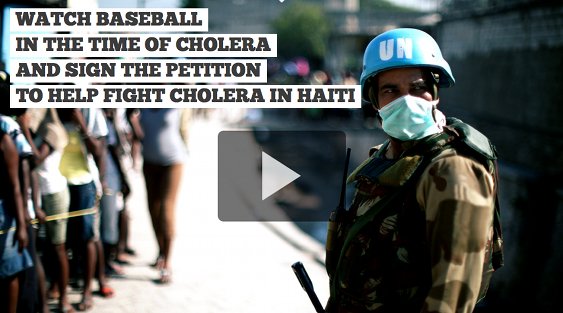by Kim Ives, Haiti Liberté
Haitian police have killed four people and destroyed seven homes in an attempt to clear peasants from a remote mountain-top park where they have lived and farmed for the past 70 years. The bloody confrontation, which occurred (July 23, 2012) exactly 25 years to the day after an infamous 1987 peasant massacre near the northwestern town of Jean-Rabel, has incensed the Southeast Department’s population and redoubled charges that the President Michel Martelly’s government is resurrecting the repressive tactics of the Duvalierist and neo-Duvalierist dictatorships which ruled and scarred Haiti over two decades ago.
The incident was first reported and photographed by Claudy Bélizaire of the Jacmel-based Reference Institute for Journalism and Communication (RIJN). His photographs of bloody corpses and burned houses in Galette Seche/Seguin, a remote locality near the peaks of some of Haiti’s highest mountains, have gone viral on the Internet, Twitter and Facebook. Meanwhile, the mainstream media has largely ignored the story to date.
Continue reading In the News: Police kill unarmed peasants in another controversial eviction



